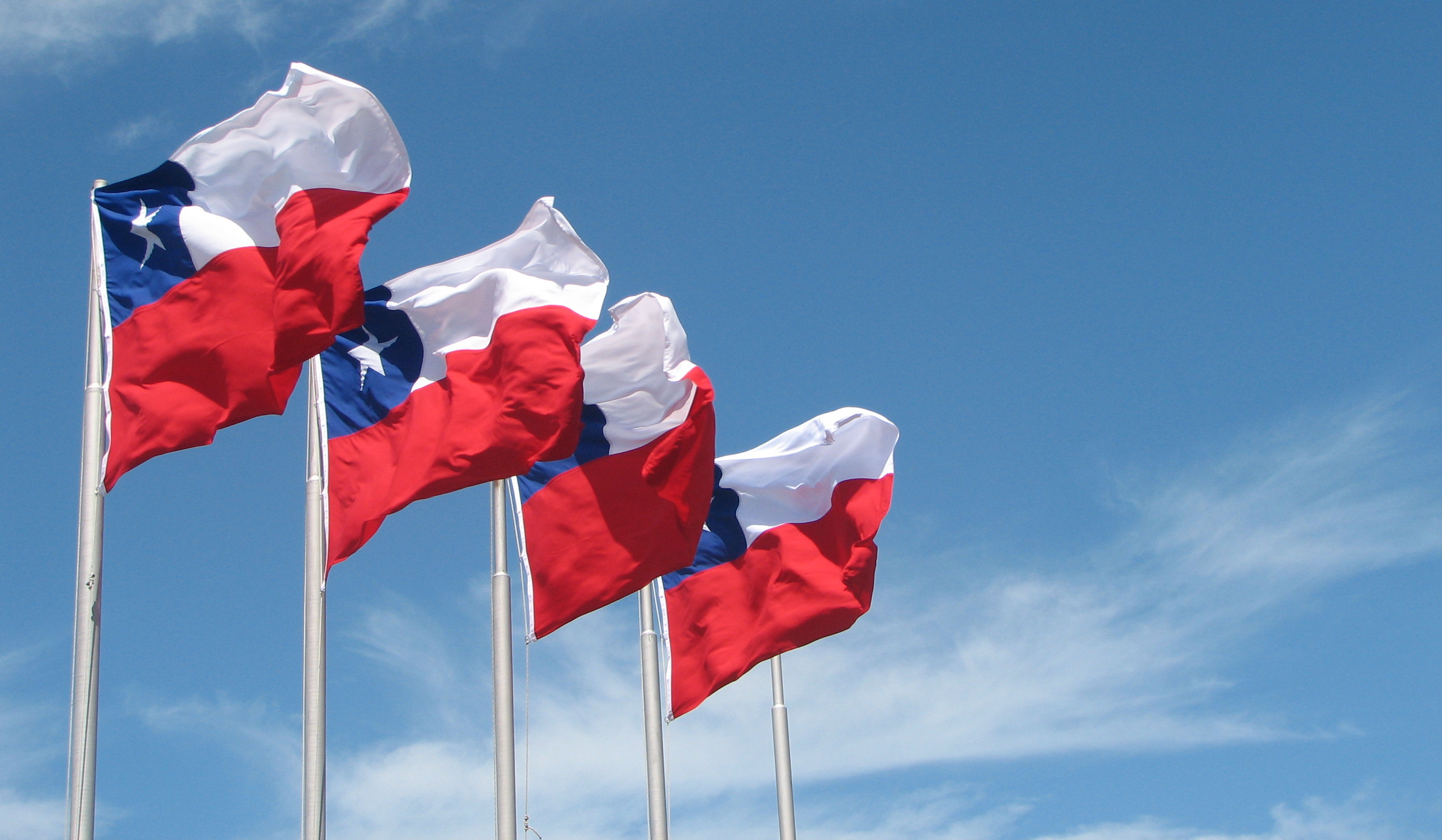 “La historia es nuestra y la hacen los pueblos.”
“La historia es nuestra y la hacen los pueblos.”
-Salvador Allende
September 11 is a date to be remembered for more than one tragic event. An obscure era of Chilean history began when, on September 11, 1973, military forces bombed the Presidential Palace of La Moneda, inaugurating a military coup. Chile remained under Augusto Pinochet’s dictatorship for 17 years, until 1990. This period witnessed brutal human right violations including torture, rape, censorship, the disappearing of citizens and ultimately, the death of an estimated 3,000 people.
Five year after his ascent to power, Pinochet established an Amnesty Law to protect the military personnel who had committed crimes against civilians. Despite the end of the dictatorship and Chile’s transition to a democratic system, the law remained effective. This, however, might change in the upcoming weeks. During the 41st annual commemoration of the coup, president Michelle Bachelet announced the possibility of repealing the 1978 Amnesty Law. While largely symbolic, the action would reflect an important shift in the country’s attitude towards the dictatorship era.
Chile’s transition to democracy has been a long process, one that is arguably still taking place. The legacy of years of repression is indeed hard to overcome: It requires the will of an entire society to come to terms with its own history. During the years that followed the end of the regime, civilian organizations attempted to account for the human right violations, but never fully succeeded due to the Amnesty Law. Bachelet herself believes that the effort would represent the end of the Pinochet era.
The country’s capability to overturn the law is the result of historical efforts. Over the past twenty years, Chile has gone through a series of political and cultural events that have shaped its current political scene. These include the rise of civilian movements, the government’s documenting of the regime, changes in the judicial system and international pressure. If the law is to change today, it is due to the labors of yesterday.
Many Chilean urban social movements were born under the dictatorship as a natural reaction to the oppressive state. Such movements were heavily repressed and activists were constantly imprisoned, tortured and oftentimes, made to “disappear”. As a result of censorship and lack of initial documentation, the precise number of crime survivors has never been determined. With each year, more and more cases accumulate in court. Today, “38,254 people are recognized as survivors of political imprisonment and/or torture”.
Despite the brutal conditions, civilian participation increased and proved effective during Chile’s National Plebiscite in 1988. On October 5, Chileans were asked whether Pinochet should extend his dictatorship for the following 8 years. An outstanding 97% of eligible voters turned out, showing how politics were a key part of the public domain. After the creative, pluralistic, civilian-led “No Campaign” against the regime, 56% Chileans voted for the end of Pinochet’s political career.
The beginning of the post-Pinochet era necessarily required the writing of the history of the coup. Documenting the instances of human rights violations was an essential step for acknowledging the costs of the dictatorship and understanding the dimension of the tragedy. The shift from a totalitarian regime to a democracy allowed for this documentation to happen. In 1991, President Patricio Aylwin designated a commission to create the Retting Report, a large document reporting human right abuses. This would be the first of various governmental efforts to account for the crimes of the regime.
Fifteen years later, in 2005, a second report of abuses was released. The Valech Report largely differed in numbers from the Retting Report. Even though both documents examine human right abuses during the same time period, the Retting Report accounts for at least 1,000 more deaths and more than 25,000 of victims of torture. Furthermore, it established a monthly pension for crime survivors. Once again, the slow but continuous change to a more open political system has permitted an increase of transparency and accountability.
Once Chileans started documenting its history, a demand for delayed justice appeared more feasible. The 1978 Amnesty Law might be repealed, and changes within the system have already taken place and aided the process of crime accountability. The Chilean Supreme Court of Jurisprudence underwent law revisions and reforms that adapted to the new political system. Most notably, in 1998, “the Court held that application of the Amnesty Law was unlawful and international law had supremacy in the constitutional system.” Though not capable of repealing the law, these reforms at least weakened it.
International pressure has pushed Chile to reconsider its own judicial system as well. Last July, United Nations Human Rights Commission called Chile to take action on the issue. Last year, Guadalupe Marengo, Deputy Director at the Americas Programme for Amnesty International commented: “It is not acceptable that 40 years after the military coup the search for justice, truth and reparation in Chile continues to be hampered. An amnesty law continues to shield human rights violators from prosecution, there are still long delays in judicial proceedings and sentences fail to reflect the severity of the crimes committed.”
In words of Justice Minister José Antonio Gómez, “the repeal is likely to pass easily, considering that the ruling coalition has a simple majority in both chambers.” Twenty years after the coup’s end, the country’s political scene has dramatically changed. Left wing President Michelle Bachelet won the second round of voting in the presidential election in 2013, revealing the country’s political inclination. Right wing parties, on the other hand — many of which established during the Pinochet era — are weakening and becoming less cohesive.
“History is ours and it is written by its people,” said Salvador Allende in his last speech, minutes before the overthrow of his presidency on 9/11, 1973. Indeed, in the last twenty years, Chile’s efforts to reconstruct its own history have shaped its current political scene. The repealing of the 1978 Amnesty Law would mark the end of the post-conflict era. Chile’s overcoming of the legacy of dictatorship has been a painful, ongoing process. However, the country’s commitment to conflict resolution has been remarkable and offers an example of how justice, even if delayed, can always be delivered.
